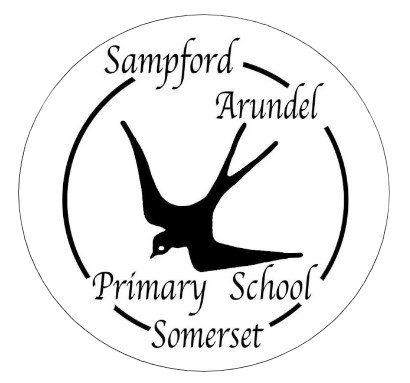Science
At Sampford Arundel and Stawley Primary Schools it is our intention to provide a Science curriculum that ignites children’s inquisitive nature and fosters their curiosity for learning about themselves, the amazing world around them and how it behaves. Curiosity is an essential ingredient in wanting to learn, and Science inspires children to confidently ask thought-provoking questions and discover answers through thoughtful observation and exciting practical investigation. We believe science encompasses the acquisition of knowledge, concepts, skills and positive attitudes. Throughout the programmes of study, the children will acquire and develop the key knowledge that has been identified within each unit and across each year group. The curriculum is designed to ensure that children are able to acquire key scientific knowledge through practical experiences; using equipment, conducting experiments, building arguments and explaining concepts confidently.
A Scientist at Sampford Arundel and Stawley Primary Schools will:
- Develop scientific knowledge and conceptual understanding through the specific disciplines of Biology, Chemistry and Physics.
- Develop an understanding of the nature, processes and methods of Science through different types of science enquiries that help them to answer scientific questions about the world around them;
- Be equipped with the scientific knowledge required to understand the uses and implications of Science, today and for the future.
- Develop the essential scientific enquiry skills to deepen their scientific knowledge
- Develop an enthusiasm and enjoyment for their learning in Science and make links across the wider curriculum.
- Talk about Science in the ‘real world’ and how it relates to future careers.
Characteristics of a Scientist
- Scientific knowledge and understanding: observing, studying and explaining the physical world.
- Working scientifically: using different methods of scientific enquiry to understand the world around us.
- Science in action: how science can be used and its impact on our day-to-day lives.
Please note that we have mixed the order of units from Kapow Primary. This is due to the mixed ages of our classes and the rolling 4 year programme in Key Stage 2. This allows us to ensure that they are best linked to other units / topics from across the National Curriculum.
